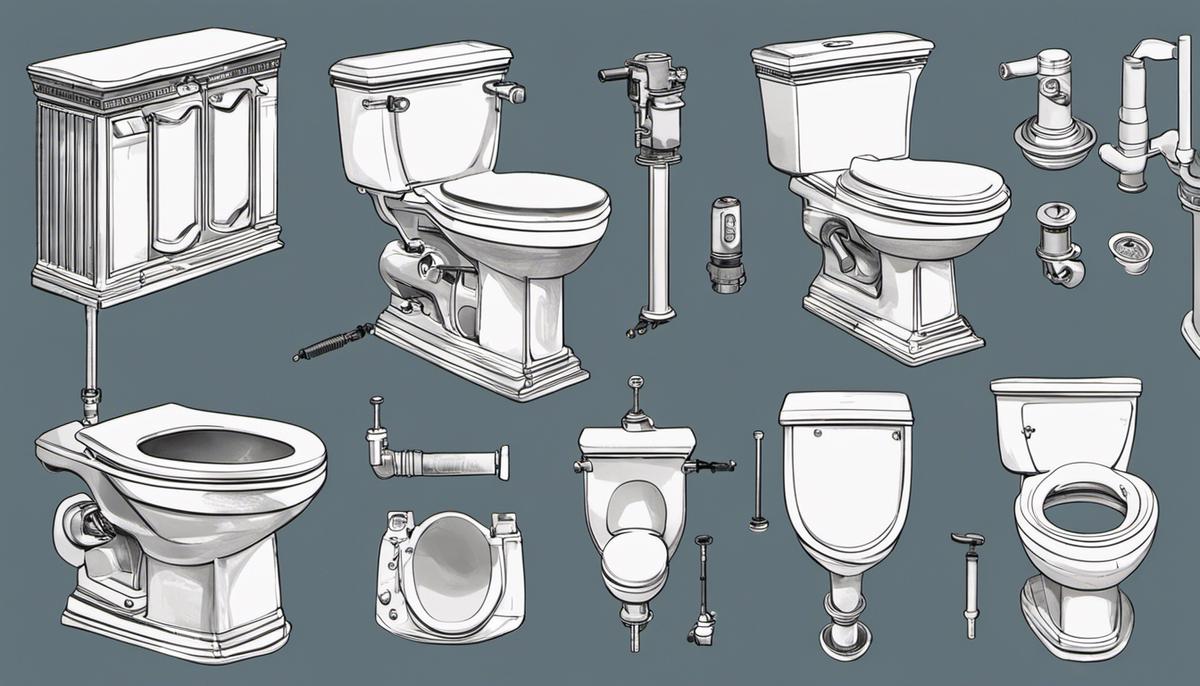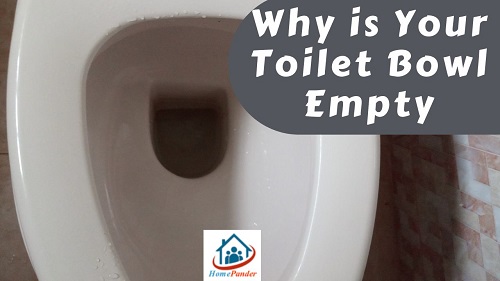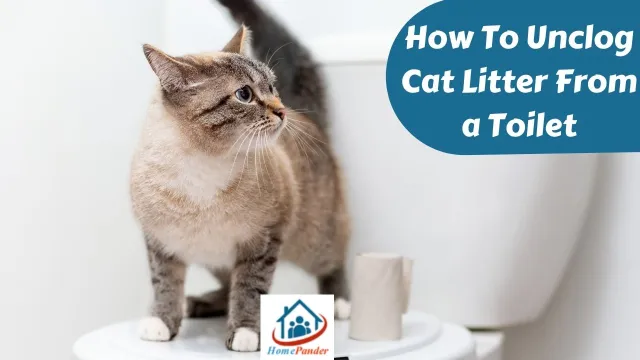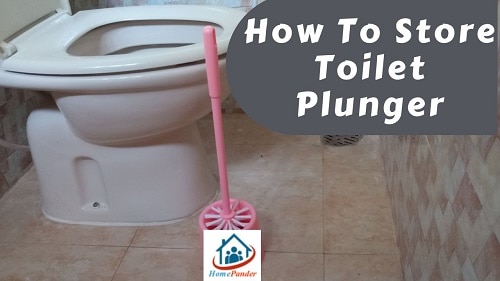Getting a good night’s sleep is crucial for our overall well-being, and clean pillows contribute to a healthier sleep environment. With Lysol being a go-to disinfectant for many, it’s natural to question whether it is suitable for use on pillows.
Understanding Lysol and Its Uses
Lysol is a brand of household disinfectants known for its broad spectrum of germ-killing abilities. It contains active ingredients like benzalkonium chloride or ethanol that target bacteria, viruses, and fungi.
Lysol is commonly used on surfaces such as countertops, doorknobs, and bathroom fixtures to maintain a hygienic environment.
Can Lysol be Used on Pillows?
| Lysol on Pillows | Alternatives to Lysol | |
|---|---|---|
| Effectiveness | May vary | Varies |
| Chemical Residue | Leaves residue | Minimal residue |
| Allergies/Sensitivities | Potential for reactions | Generally safe |
| Pillow Types | May not be suitable | Suitable for most |
| Odor Elimination | Yes | Yes |
| Ease of Use | Convenient | Varies |
| Recommended Frequency | Not recommended | Regular maintenance |
| Disinfectant Properties | Strong | Varies |
| Environmental Impact | Chemical ingredients | Natural alternatives |
| Cost | Varies | Varies |
Explaining the Purpose of Lysol on Pillows
While Lysol is effective in disinfecting surfaces, using it directly on pillows may not be the best approach.
Pillows typically consist of various materials like down, memory foam, or synthetic fibers, and the chemical composition of Lysol may not react well with these materials.
Additionally, applying Lysol directly to pillows can leave behind a chemical residue, which can be unpleasant to sleep on and potentially cause skin irritations.
Potential Risks and Considerations
Allergies and Sensitivities
Lysol contains chemicals that can trigger allergies or sensitivities in some individuals. Direct contact with the skin or inhalation of the fumes may cause discomfort or adverse reactions.
If you have a history of allergies or sensitivities, it’s best to avoid using Lysol directly on your pillows.
Chemical Residue
As mentioned earlier, using Lysol on pillows can leave a chemical residue. This residue may not only affect the pillow’s texture but also impact your sleep quality and overall comfort.
It’s important to prioritize your well-being and choose cleaning methods that are safe and effective for your specific pillow type.
Effectiveness on Different Pillow Types
Lysol’s effectiveness may vary depending on the type of pillow you own. While it may be suitable for certain pillows, such as those with removable covers, it might not be as effective in deeply cleaning materials like memory foam or down.
It’s crucial to consider the specific care instructions provided by the pillow manufacturer to ensure proper maintenance.
Alternatives to Lysol for Pillow Cleaning
| Alternative Methods | Description |
|---|---|
| Baking Soda | Sprinkle baking soda on pillows to absorb odors. Let it sit for a few hours, then vacuum off. |
| Vinegar and Water | Mix vinegar and water in a spray bottle. Lightly mist pillows and allow them to air dry. |
| Washing Machine and Dryer | Machine wash pillows using a gentle cycle and mild detergent. Dry them in a dryer with tennis balls or dryer balls to maintain fluffiness. |
| Natural Fabric Fresheners | Use natural fabric fresheners or sprays to eliminate odors and refresh pillows. |
| Sunning and Air-Drying | Place pillows in direct sunlight for a few hours to naturally disinfect and freshen them. |
| Spot Cleaning | Clean specific stains or spills on pillows using a mild detergent and a clean cloth. |
| Pillow Protectors/Covers | Invest in pillow protectors or covers to prevent dirt, sweat, and allergens from accumulating on pillows. |
| Regular Washing Routine | Establish a regular washing routine for both pillowcases and pillows to maintain cleanliness. |
| Natural Essential Oils | Add a few drops of natural essential oils, such as lavender or tea tree oil, to refresh pillows. |
| Vacuuming | Use a vacuum cleaner with an upholstery attachment to remove dust and debris from pillows. |
Natural Cleaning Methods
If you prefer more natural alternatives, there are several effective methods to clean your pillows. For instance, baking soda can help eliminate odors by absorbing them.
Sprinkle a generous amount of baking soda on your pillow, let it sit for a few hours, and then vacuum it off. Another option is to use a mixture of vinegar and water in a spray bottle. Lightly mist your pillow and allow it to air dry.
Washing Machine and Dryer
One of the most efficient ways to clean your pillows is by using a washing machine and dryer.
However, it’s essential to read the care instructions provided by the manufacturer before proceeding. Most pillows, especially those with synthetic fillings, can be machine washed.
Use a gentle cycle and mild detergent, and consider adding a few tennis balls or dryer balls to help fluff the pillows during the drying process.
Proper Pillow Cleaning and Maintenance
Regular Washing
To maintain clean and fresh pillows, it’s important to establish a regular washing routine.
Pillowcases should be washed every one to two weeks, while the pillows themselves can be cleaned every three to six months, depending on the manufacturer’s recommendations.
Regular washing helps remove sweat, oils, and dust mites, ensuring a healthier sleep environment.
Pillow Protectors and Covers
Investing in pillow protectors or covers is an excellent way to prolong the life of your pillows and prevent the buildup of allergens and dust mites.
These covers act as a barrier, reducing the need for frequent washing and making the cleaning process more manageable.
Sunning and Air-Drying
Another effective method for keeping your pillows fresh is sunning and air-drying. Sunlight has natural disinfecting properties and can help eliminate odors.
Simply place your pillows in direct sunlight for a few hours, allowing them to air out and regain freshness.
Frequently Asked Questions
Can I spray Lysol on my pillowcase instead of directly on the pillow?
Yes, spraying a small amount of Lysol on your pillowcase can be an option.
However, it’s important to ensure that the pillowcase material can withstand the chemicals in Lysol and that you allow sufficient time for the spray to dry before using the pillow.
Are there any other disinfectants I can use on pillows?
Yes, there are alternative disinfectants available on the market specifically designed for fabric and upholstery.
Look for products that are suitable for pillows and follow the instructions provided by the manufacturer.
Can I use bleach to clean my pillows?
Bleach is generally not recommended for cleaning pillows, as it can damage the fibers and cause discoloration.
Stick to gentle cleaning methods that are suitable for your pillow type.
How often should I replace my pillows?
It is generally recommended to replace pillows every 1-2 years, depending on their condition.
Over time, pillows lose their shape and support, making them less effective in providing a comfortable sleep surface.
Can I put memory foam pillows in the washing machine?
Most memory foam pillows are not machine washable.
It’s best to check the care instructions provided by the manufacturer or consider spot cleaning or using a fabric freshener spray to keep them clean and fresh.
Are there any natural remedies to remove stains from pillows?
Yes, you can try using a paste made from a mixture of hydrogen peroxide and baking soda to remove stains from pillows.
Apply the paste to the stain, let it sit for a few minutes, and then blot it with a clean cloth.
What should I do if my pillow has a strong odor?
If your pillow has a strong odor that persists even after cleaning, it may be time to consider replacing it.
Odors can be an indication of mold, mildew, or other issues that may affect the quality of your sleep.
Can I use a fabric freshener spray instead of washing my pillows?
Fabric freshener sprays can help eliminate odors temporarily, but they do not provide the same level of cleanliness as washing.
It’s best to combine fabric freshener sprays with regular washing for optimal results.
Conclusion
While Lysol is a powerful disinfectant, it is not recommended to use it directly on pillows due to potential risks and chemical residue. Instead, opt for alternative cleaning methods such as natural solutions, machine washing, or sunning and air-drying.
Remember to consider your pillow type and follow the manufacturer’s instructions for proper care and maintenance.
By adopting these practices, you can ensure that your pillows remain clean, fresh, and conducive to a good night’s sleep.



![How To Clean Dark Grout That Has Turned White [5 Easy Ways]](https://homepander.com/wp-content/uploads/2021/12/How-To-Clean-Dark-Grout-That-Has-Turned-White.webp)
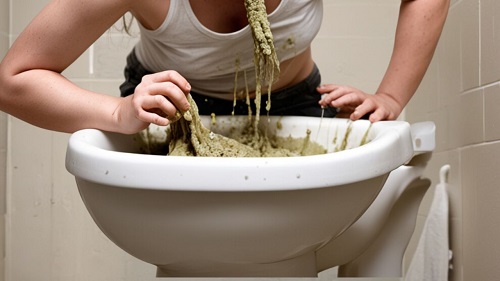

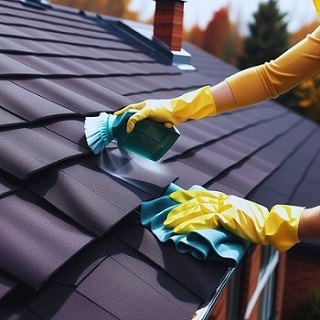





![How to Remove Crystallized Urine [Explained]](https://homepander.com/wp-content/uploads/2022/02/How-To-Remove-Crystallized-Urine.jpg)
